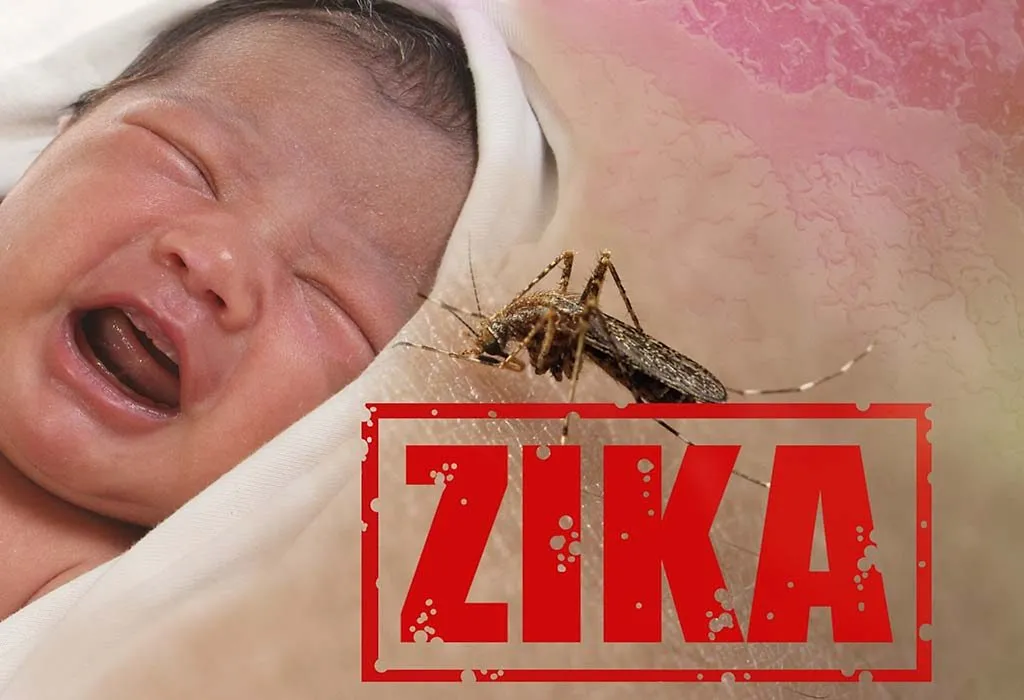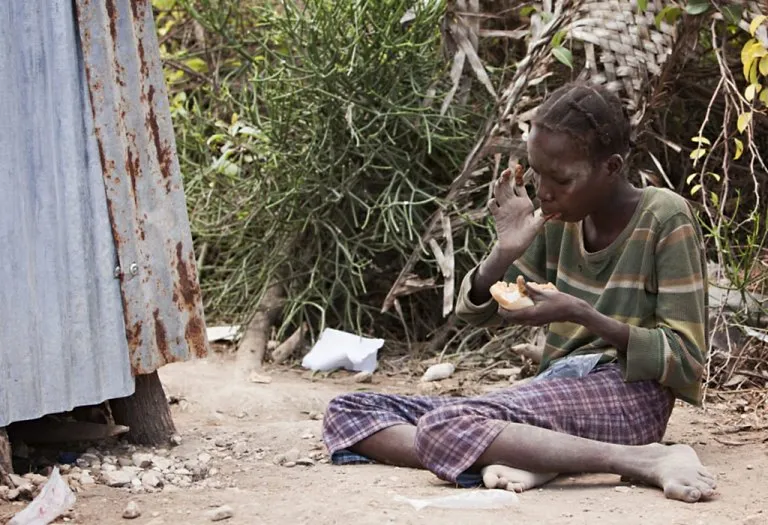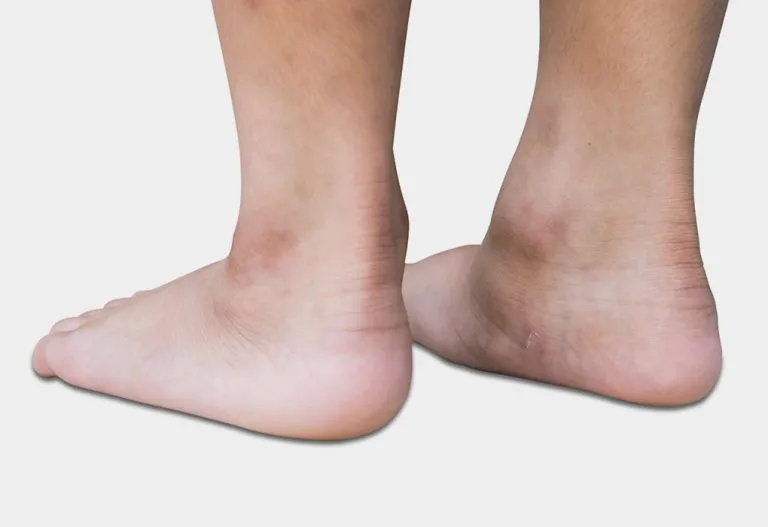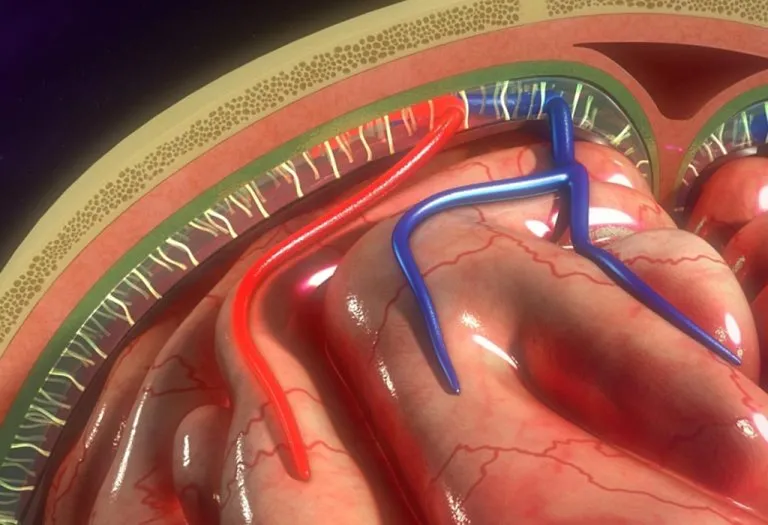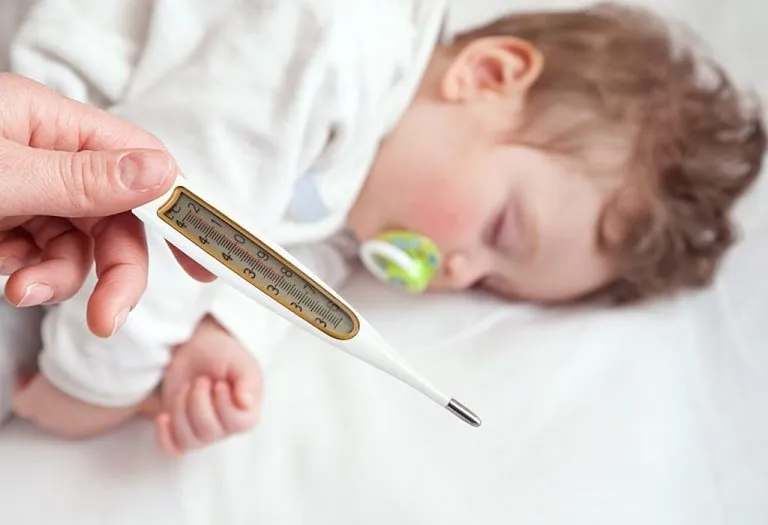Zika Virus Infection in Children
Pregnancy is a joyful phase for moms because they’re introducing a new life into the world. Unfortunately, illnesses and medical conditions can make the pregnancy a bit bumpy – Zika virus is one such problem as it directly affects the foetus. When an infant is born with the Zika virus, he exhibits a neurological medical condition known as microphelany, which loosely translates to the shrinkage of the baby’s brain.
In this post, we’ll be covering what the Zika virus is and how it affects infants during and after pregnancy.
What is Zika Virus?
The Yellow Fever Mosquito or the Aedes Mosquito is known to be a carrier of the Zika Virus, often being responsible for dengue, malaria, and other illnesses. When it bites a pregnant woman, the virus gets transmitted through her blood into the foetus. Zika Virus doesn’t harm young children or kids after pregnancy, but for foetuses in the womb, it causes microcephaly.
Microcephaly basically shrinks the brain and causes neurological defects, making it difficult for the foetus to breathe and function normally. The U.S. Center’s for Disease Control and Prevention (CDC) recommends that mothers do not travel to tropical areas or countries that have Zika virus outbreaks.
Does Zika affect children? Yes, it does. Read on.
How Does It Spread?
There are three main ways the virus spreads – through intercourse, by being bitten by the Aedes mosquito directly, and via blood transfusions or organ transplants.
Men are known to be carriers of the virus, and it is advisable not to have unprotected sex until after a thorough screening. For those infected with the virus, condoms should be used for at least six months since the virus is known to spread through semen via oral, anal, and vaginal intercourse.
Of course, these aren’t the only ways. Here are a few other ways the virus spreads:
1. Congenital
Congenital infections involve the foetus. This is when the virus infects the mother and reaches the foetus several weeks before delivery.
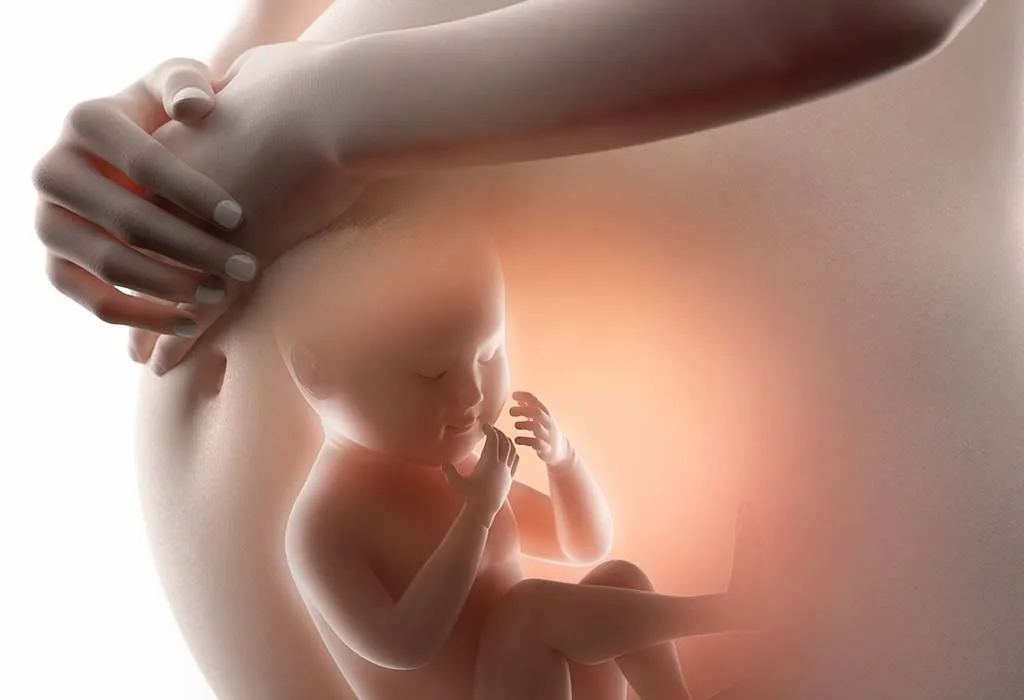
2. Postnatal
Postnatal Zika infections are caused when the mosquito lands on the infant and bites him. These infections are asymptomatic (show no clear symptoms/signs) in nature and require routine paediatric care. Its symptoms may be confused with Dengue, which is why giving children NSAIDs is not recommended, unless a thorough medical evaluation is done. Giving Aspirin to kids may also increase the risk of developing Reyes syndrome in cases of postnatal Zika infections.
3. Through Breast Milk
Zika Virus infections have been found in breast milk, according to studies. However, it is not clear if the infections in breast milk get transmitted to babies, which is why the CDC recommends and encourages mothers to not stop breastfeeding despite the presence of the virus in breast milk.

Where is Zika Virus Commonly Found?
The Zika Virus is commonly found in:
- Tropical areas and countries like Africa and Asia
- Countries like Brazil, French Polynesia, and territories in the Pacific
- People who travel to areas of Zika outbreaks as listed by the CDC
The first case of the Zika virus originated in Uganda back in 1947 in monkeys. Humans exhibited this disease in 1952 in Uganda, and later on in the United Republic of Tanzania. In 2007, the Island of Yap reported a Zika Outbreak which was followed by another 2013 case in French Polynesia and areas in the Pacific.

Zika Virus Symptoms in Children
Common Zika symptoms in toddlers and children are:
- Mild rash
- Fever
- Pain in the joints
- Reddish eyes (with zero pus)
- Aching muscles
- Headaches
- Conjunctivitis
How Does Zika Affect Children?
Here is a list of zika virus effects on babies and children-
- It causes microcephaly in unborn kids or children inside the womb
- Microcephaly deforms the brain and skull in babies which leads to developmental problems like impaired vision and auditory issues
- For children who contract the virus after birth, they don’t show any developmental problems or birth defects. However, they do get a mild fever, rashes, and other symptoms outlined in the previous section.
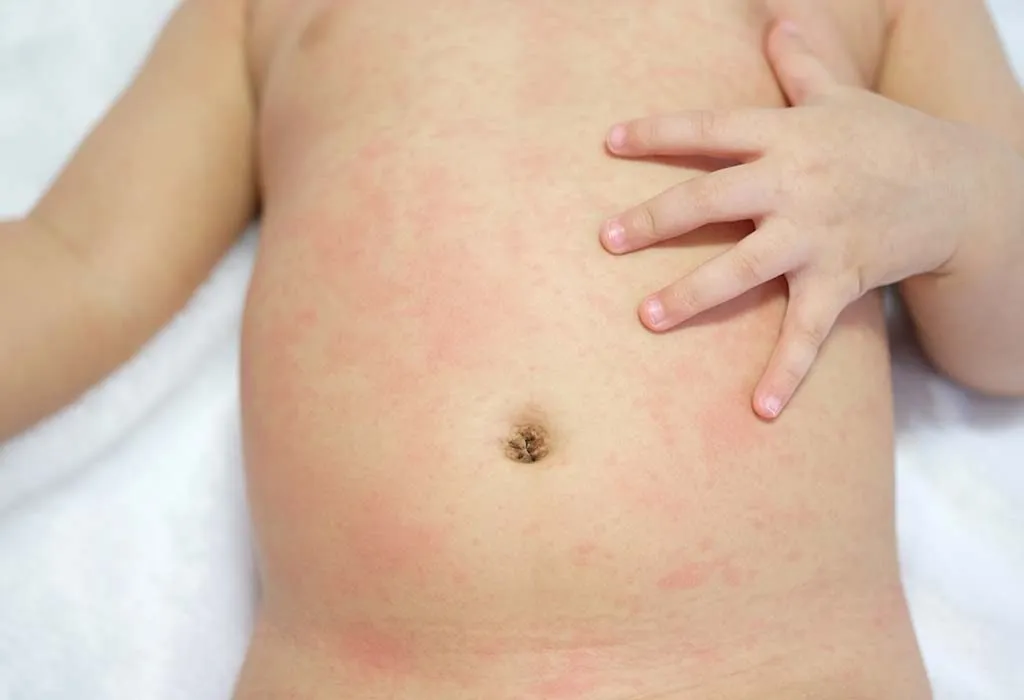
Does Zika Trigger the Risk of Guillain Barre Syndrome in Kids?
Studies show that countries experiencing ongoing outbreaks of Zika virus infections have witnessed a notable rise in Guillain Barre Syndrome incidences in patients. A causal link has been determined with the evidence available, and it is estimated that for every 10,000 Zika infections, at least two cases of Guillain Barre Syndrome occurs.
How Is Zika Infection Diagnosed?
Zika virus effects on babies and pregnant moms are diagnosed in the following ways:
1. Ultrasound Scans
Ultrasound scans reveal fetal abnormalities within 2 to 29 weeks from the onset of symptoms. Women between 18 to 22 weeks of gestation are recommended a comprehensive ultrasound scan.
2. Blood Tests
Zika infections are known to travel through the bloodstream, and blood tests reveal that.
3. Urine Analysis
Your doctor may recommend a urine analysis test besides a blood test for further evaluation and diagnosis.

How To Treat Zika Infection in A Child?
If your child is older (not inside the womb) and is infected, you don’t have to worry. Zika symptoms in children are not too serious and go away in a few weeks Here are a few ways on how to treat the infection naturally-
- Make sure your child gets plenty of bed rest and stays indoors.
- Apply paramethrin or any EPA-approved insect repellent to your child’s clothing before he goes outside.
- Make sure your child stays hydrated.
- Avoid medications like NSAID’s and aspirins to your child.
- Use acetaminophen to reduce fever and pain.

Prevention Tips
These prevention tips will keep you safe and protected when travelling. Be sure to apply them to prevent a case of a Zika virus baby-
1. Wear Long-Sleeved Clothing
Cover your arms and legs when wearing clothing to prevent a mosquito bite. Go for long-sleeved varieties and make sure the fabric is thick. Several companies are manufacturing mosquito-poof maternity clothing for women using special fabrics infused with natural mosquito repellents like Citronella. Spray EPA-approved insect repellents on your clothing like Permethrin when going outdoors.
2. Stay Indoors Often
If you’re travelling to areas where there are Zika outbreaks, it’s best to stay indoors to minimise your risk of exposure. Use an air-conditioner in the rooms and when sleeping at nights, opt for a thick mosquito bed-net to keep yourself protected.
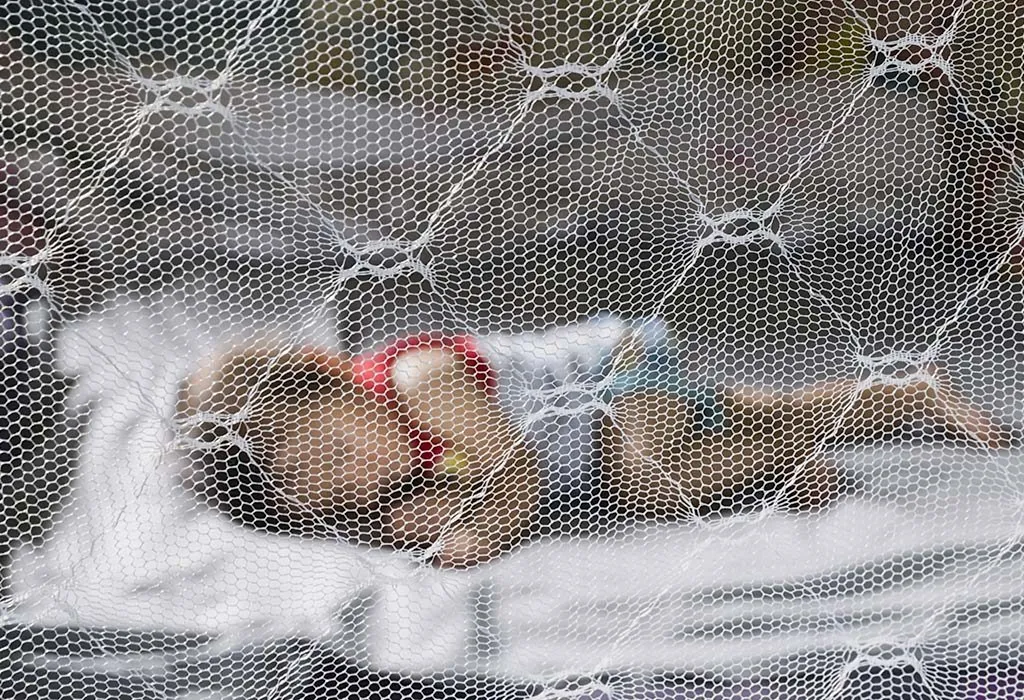
3. Avoid Zika-infected Areas
Of course this is common sense, but not travelling to Zika-infected areas is a sure-fire way to keep yourself safe. According to the CDC, high-risk Zika-infected areas include Africa, Asia, Pacific Islands, Central America, South America, Mexico, and the Caribbean.
4. Don’t Have Sex
If you suspect your partner to be a Zika virus carrier, abstain from intercourse or use condoms for at least six months. Get your partner screened and avoided oral, anal, and vaginal intercourse until you receive confirmation.

Zika doesn’t have any vaccines or treatments available currently, so routine paediatric care is the recommended route for babies born with the Zika virus due to its long-lasting consequences. The best way to avoid your foetus from contracting Zika is to keep yourself protected and pay heed to the prevention tips outlined above in this article.
Also Read: Irritable Bowel Syndrome (IBS) in Children


